The British royal family is the most famous monarchy in the world, but they have some quirky rules.
The British royal family began with King Æthelstan in 927 A.D. and is currently governed by King Charles III and his House of Windsor after Queen Elizabeth II died in 2022.
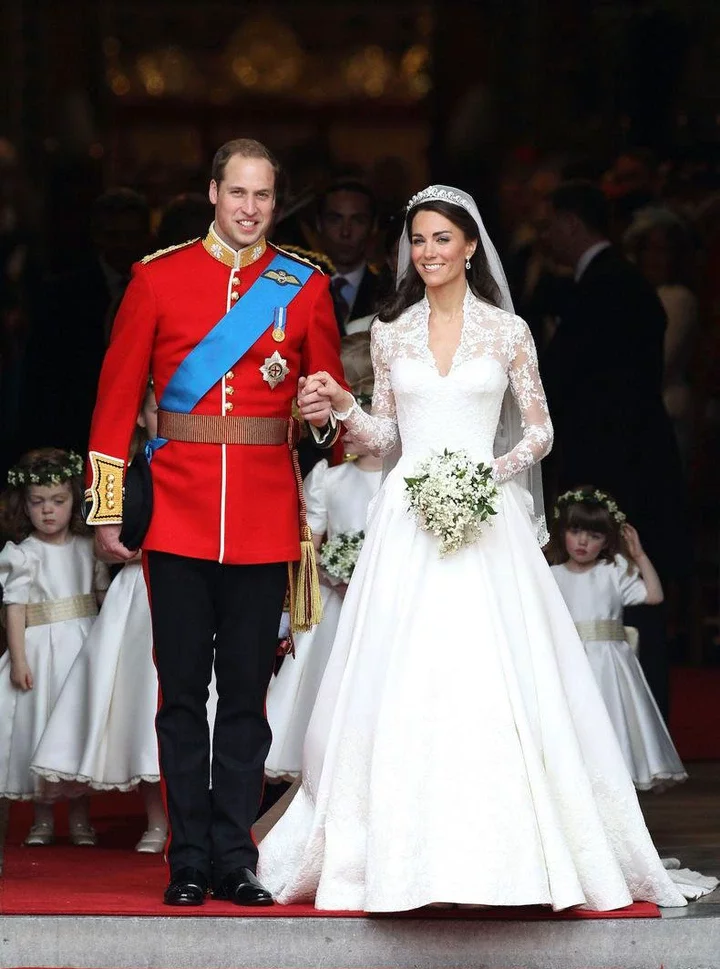
If the monarch says a member of the royal family can't marry someone, then it's settled; they can't unless they want to leave the family. The Queen refused to approve her sister, Margaret, getting married to Peter Townsend, a married man she had an affair with. At the end of the day, she couldn't marry him.
Monopoly, a popular board game that involves buying and selling lands, is forbidden in the royal family. In 2008, Prince Andrew revealed that it is forbidden in the royal household due to its potential for violence and causing major disagreements.
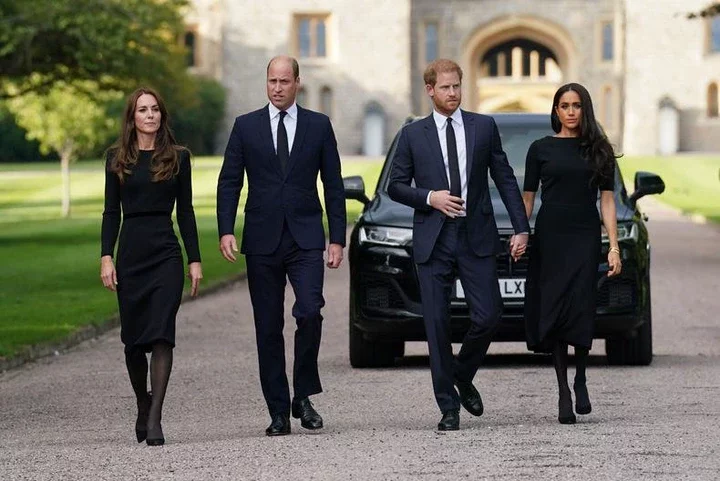
When a royal travels to another country, they must pack an all-black outfit just in case someone dies. This is probably because, when Queen Elizabeth's father died, she was in Kenya and didn't have a black outfit to wear.
The Royal Family's line of succession is crucial in determining who inherits the throne. To make sure two heirs don't die at the same time, they cannot both fly the same plane.
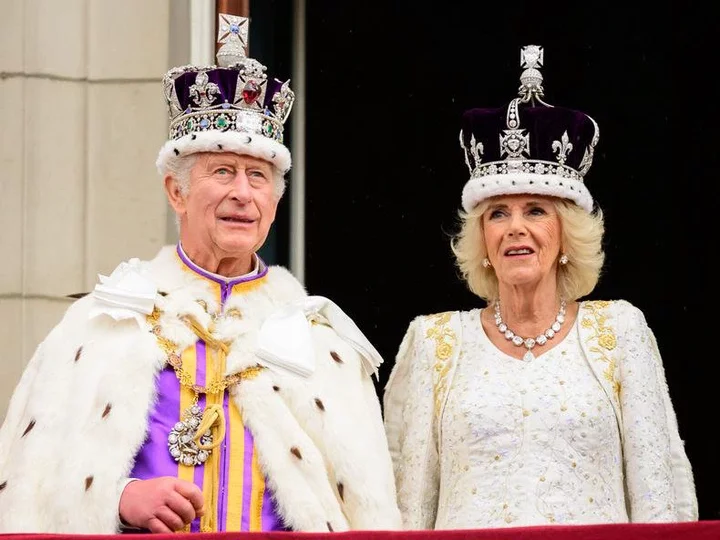
Famous people sign autographs, but royals, though famous, cannot. This is because of the risk of copying or forged documents.
Shellfish are prohibited from royal meals due to potential food poisoning and allergic reactions.
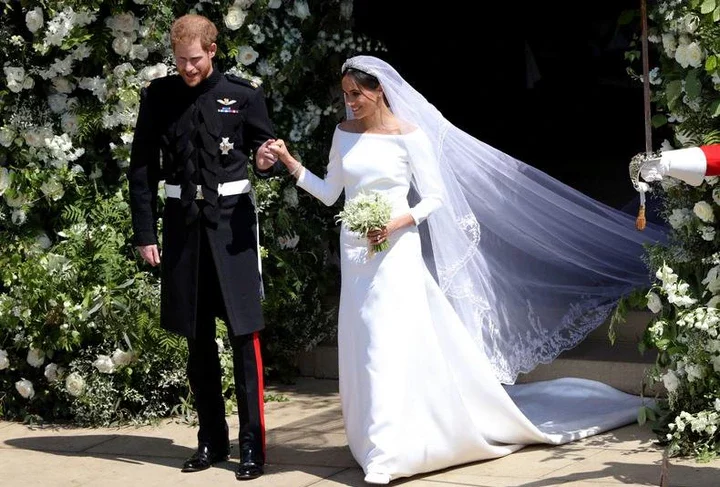
Royal brides traditionally carry a sprig of myrtle in their clutches, symbolising hope and love, dating back to Princess Victoria's wedding customs.
Being a princess or duchess means wearing a tiara; however, if you don't have a husband, you can't wear one. During formal occasions, women must always wear a hat.
King Charles III and the House of Windsor, as constitutional monarchs, are obligated to remain "above" politics, as they cannot publicly express their political views or vote.
The monarch is the head of state, and immediately he enters a place, every royal must stand. They sit when he does; if he doesn't sit, they remain standing. They are also expected to curtsey or bow when he passes.

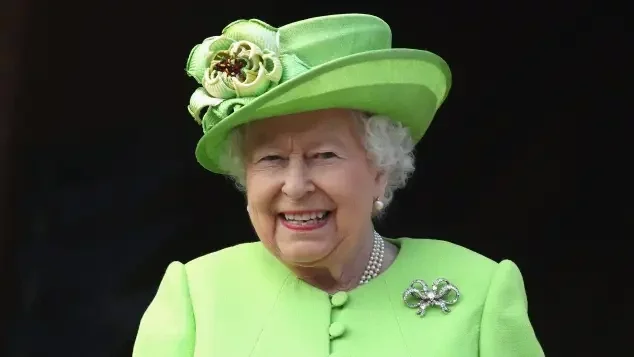
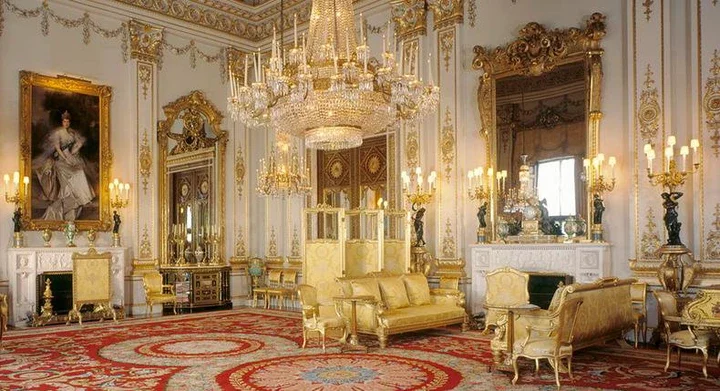


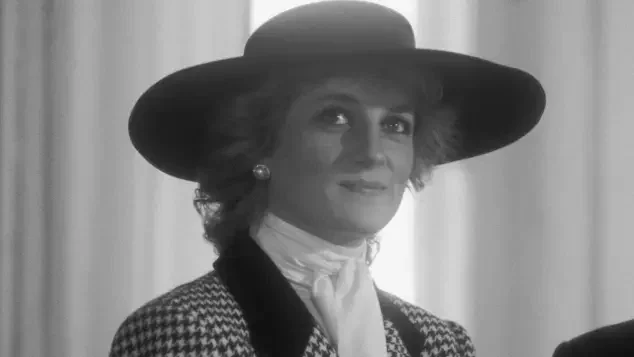
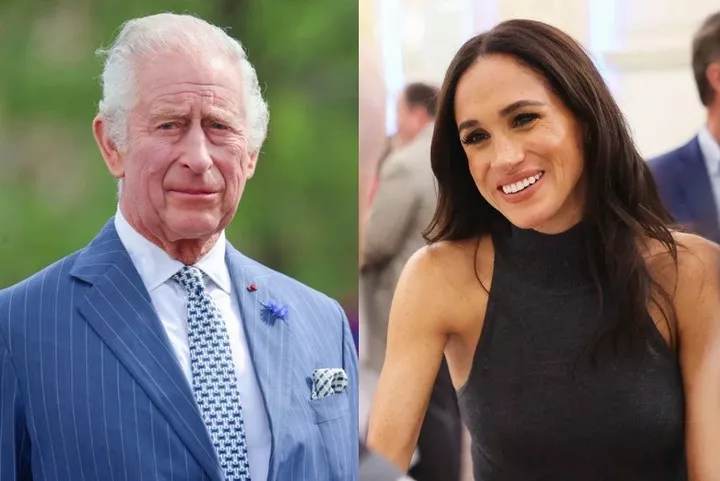







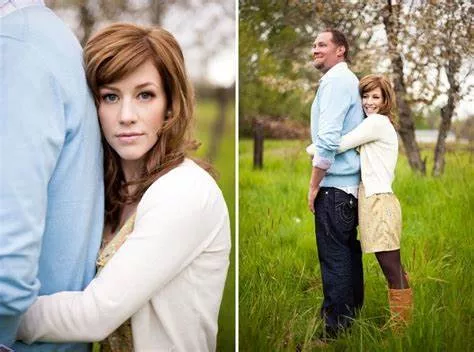

Comments